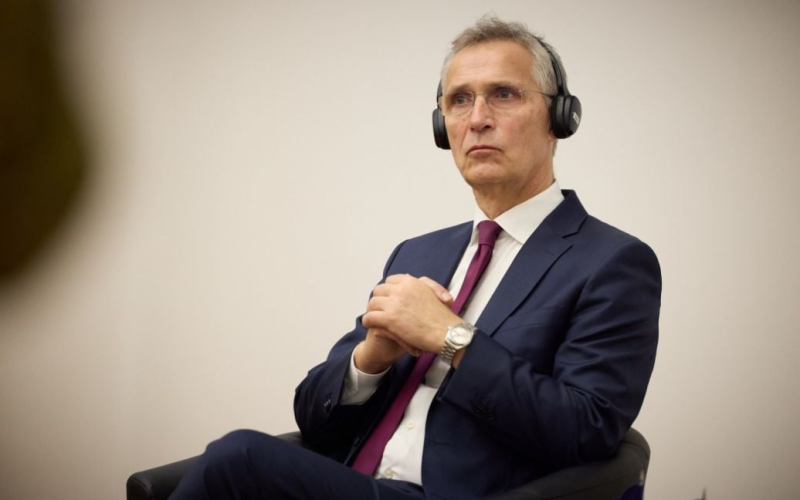A number of allies have relaxed their restrictions, in particular due to the Russian offensive in the Kharkov region.
The Ukrainian military has the right to inflict strikes against military targets on Russian territory. And this is clearly recognized by international law.
NATO Secretary General Jens Stoltenberg stated this.
Stoltenberg supports Ukrainian Armed Forces’ strikes on military targets on Russian territory. According to him, according to international law, self-defense also includes strikes on the territory of the aggressor.
“My position is that there is no doubt that Ukraine has the right to attack legitimate military targets on the territory of the aggressor country – Russia. This is clearly defined by international law, since this is a war that Russia started against Ukraine, Ukraine has the right to self-defense, and this includes strikes on the territory of the aggressor. This is completely clear to me,” Stoltenberg said.
He also added that the NATO countries that provided Ukraine with their weapons introduced various restrictions on their use. At the same time, some of them do not set limits at all, while others offer only some restrictions.
Stoltenberg also emphasized that a number of allies have relaxed their restrictions, in particular due to the Russian offensive in the Kharkov region.
“During the ongoing hostilities on the territory of Ukraine, the Defense Forces still launched strikes along the conventional front line against Russian targets that were located on Ukrainian soil. But in the case of the Kharkov region, the front line and the border of the Russian Federation almost coincide, how can we expect that Ukraine will not attack artillery or airfields located on the other side of the front and, accordingly, the border. Therefore, I welcome the decisions of the allies, which have opened up the possibility of greater use of weapons to strike these targets,” Stoltenberg added.
Recall that the Kursk region was attacked by an invasion of drones – the local TV tower was on fire.
Related topics:
More news

